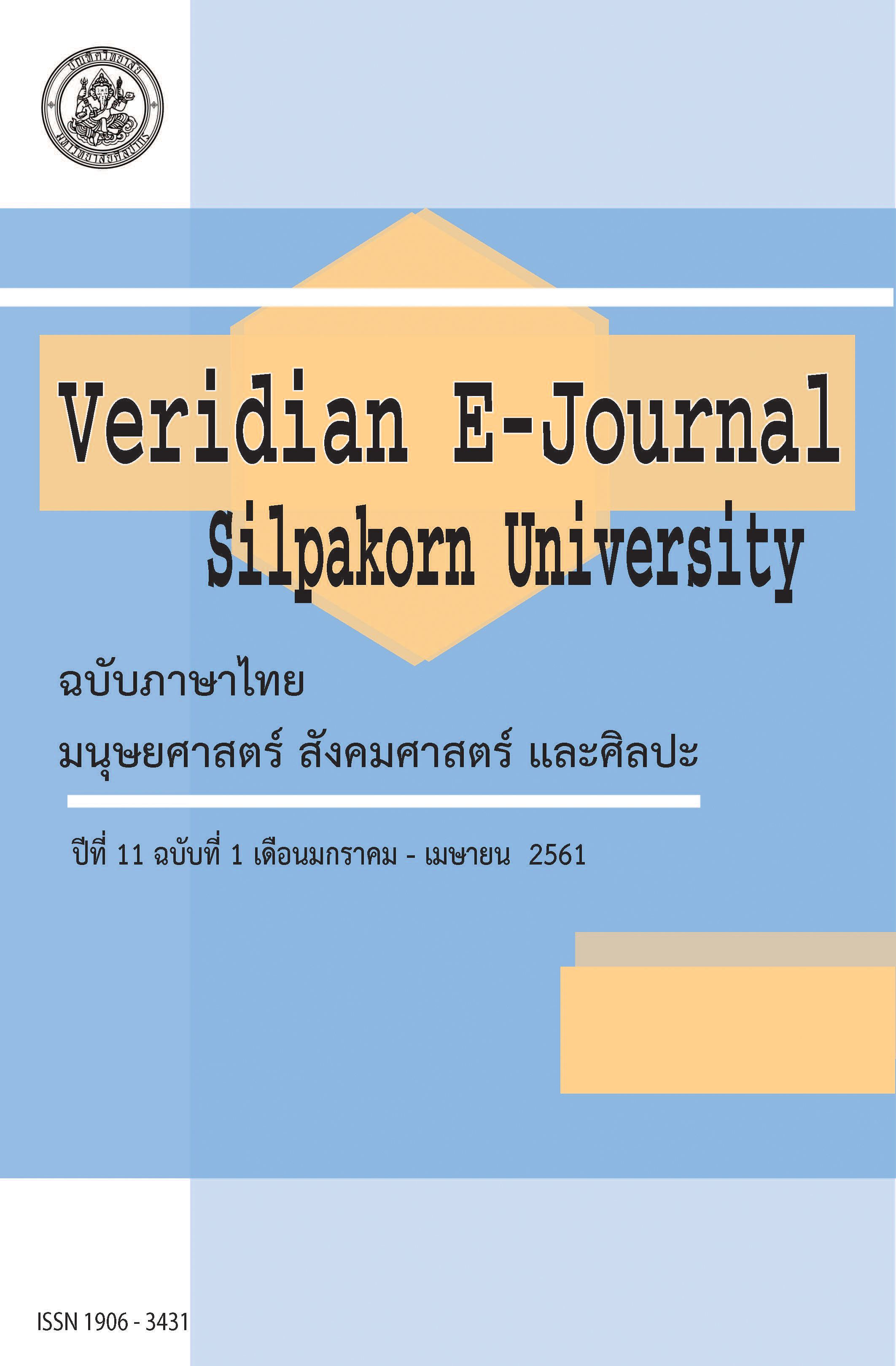ปัจจัยที่ส่งผลต่อพฤติกรรมการเป็นสมาชิกที่ดีขององค์การของบุคลากร มหาวิทยาลัยมหามกุฏราชวิทยาลัย (Factors Affecting Staffs’ Organizational Citizenship Behavior of Mahamakut Buddhist University)
Main Article Content
บทคัดย่อ
การวิจัยครั้งนี้ มีวัตถุประสงค์เพื่อศึกษาความสัมพันธ์ของตัวแปรปัจจัย ประกอบด้วย คุณภาพชีวิตในการทำงาน ความยึดมั่นผูกพันต่อองค์การ และคุณลักษณะขององค์การแห่งการเรียนรู้ ที่ส่งผลต่อพฤติกรรมการเป็นสมาชิกที่ดีขององค์การของบุคลากรมหาวิทยาลัยมหามกุฏราชวิทยาลัย กลุ่มตัวอย่างที่ใช้ในการวิจัยเป็นบุคลากรมหาวิทยาลัยมหามกุฏราชวิทยาลัย จำนวน 230 คน/รูป ซึ่งได้มาโดยการสุ่มแบบสองขั้นตอน สถิติที่ใช้ในการวิเคราะห์ข้อมูล ได้แก่ ค่าความถี่ ค่าร้อยละ ค่าเฉลี่ย ส่วนเบี่ยงเบนมาตรฐาน ค่าสัมประสิทธิ์สหสัมพันธ์ของเพียร์สัน และการวิเคราะห์ถดถอยพหุคูณ ซึ่งผลการศึกษาพบว่า
- กลุ่มตัวอย่างมีพฤติกรรมการเป็นสมาชิกที่ดีขององค์การและความยึดมั่นผูกพันต่อองค์การอยู่ในระดับสูงมาก และมีคุณภาพชีวิตในการทำงานและคุณลักษณะขององค์การแห่งการเรียนรู้อยู่ในระดับสูง
- ปัจจัยที่มีความสัมพันธ์ทางบวกกับพฤติกรรมการเป็นสมาชิกที่ดีขององค์การมากที่สุด ได้แก่ ความยึดมั่นผูกพันต่อองค์การ รองลงมา ได้แก่ คุณภาพชีวิตในการทำงาน และคุณลักษณะขององค์การแห่งการเรียนรู้
- ตัวแปรปัจจัยด้านคุณภาพชีวิตในการทำงาน และความยึดมั่นผูกพันต่อองค์การส่งผลทางบวกอย่างมีนัยสำคัญทางสถิติที่ระดับ 0.05 ต่อพฤติกรรมการเป็นสมาชิกที่ดีขององค์การ ส่วนตัวแปรคุณลักษณะขององค์การแห่งการเรียนรู้ ส่งผลทางบวกอย่างไม่มีนัยสำคัญทางสถิติที่ระดับ 0.05 ซึ่งปัจจัยด้านคุณภาพชีวิตในการทำงาน และความยึดมั่นผูกพันต่อองค์การร่วมกันอธิบายพฤติกรรมการเป็นสมาชิกที่ดีขององค์การได้ร้อยละ 42.80
This research aimed to study the relationship between variable factors — including quality of work life, organizational commitment and learning organization that affect the organizational citizenship behavior of Mahamakut Buddhist University staff. The samples were 230 members of staff/monks, selected by using stratified random sampling. The statistics used in this study were frequency, percentage, standard deviation, Pearson’s correlation coefficient and Multiple regression analysis. The research results revealed that:
- The samples’ organizational citizenship behavior and organizational commitment were at a very high level, and their quality of work life and learning organization were also at a high level.
- The factor which had highly positive relationship with the staff’s organizational citizenship behavior was organizational commitment, while quality of work life and learning organization had quite positive relationship with organizational citizenship behavior.
- Variable factors — including quality of work life and organizational commitment, but not learning organization had a positive impact on the staff’s organizational citizenship behavior statistically significance at 0.05 level. In addition, the two former variables were able to explain the staff’s organizational citizenship behavior, at 42.80 percent.

